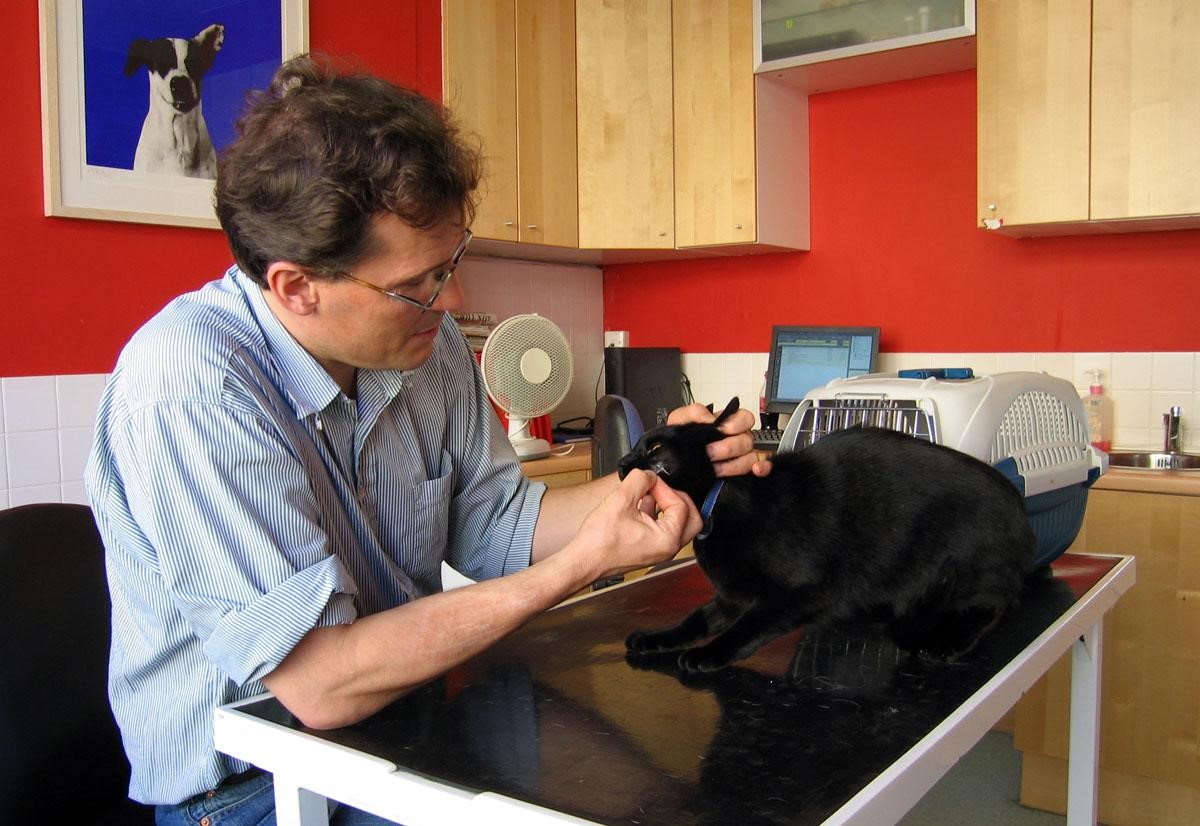It’s something nobody likes to contemplate, but the fact is that testing on primates is still carried out in labs around the world in a bid to find drugs that will work effectively on humans.

Human Connection
As primates use their hands and forelimbs to move objects in a very similar way to us, they are used by doctors and researchers in a bid to see how the brain controls movement.
This can be particularly useful in the case of people who have been paralysed, as the physiology and architecture of primate’s brains is also similar to those of humans.
This is why they sometimes have to be used in experiments and vital research instead of mice and rats, as they have many genetic similarities.
For many scientific reasons, testing medicines on primates is a necessary part of the testing procedure, especially for vaccines and medication for the immune system. But animal rights campaigners and others refute the claims. Cruelty Free International is fighting for an end to brain experiments on monkeys.
It has joined with scientists and animal welfare experts to ask the bodies which fund such experiments to stop, and says they believe “there has now been sufficient progress in human-based alternatives to call into serious question whether further research of this type is necessary.” It is possible to have Paid Medical Trials from Trials 4 Us who use Paid Medical Trials to gain more knowledge of the medicines that are needed in the health industry.
Medical Progress
Cruelty Free claims much of the research currently being undertaken can be done with humans who are suffering from certain conditions. This is done through
But many scientists argue that primates must continue to be used in the quest for medical progress and point out that there are stringent regulations in place to keep suffering to a minimum, as well as limiting the number of animals used.
Whether it’s a laboratory or CRO, these rules have to be followed and many, clinical staff who are provided accept that sometimes the use of primates is necessary.
There are new technologies being developed such as the growth of human cells and artificial organs which could mean primates will be used less frequently in future. However it seems unlikely they will be totally eliminated, as primates are still the most suitable mammals for the testing of new pharmaceuticals and scientists argue they need to use all the means they have at their disposal in the fight against diseases.